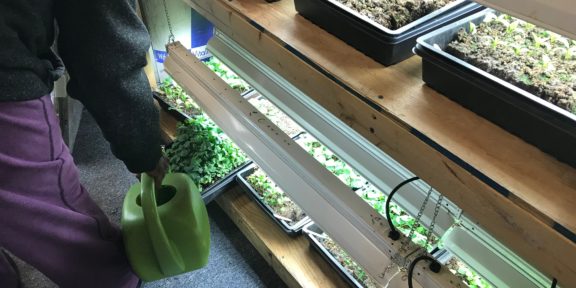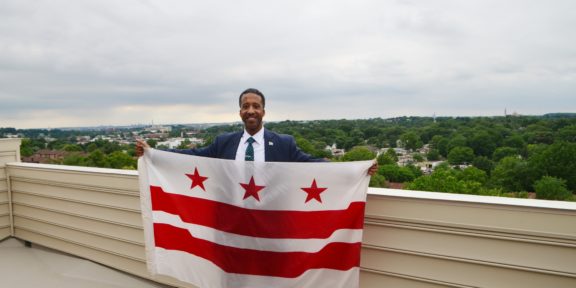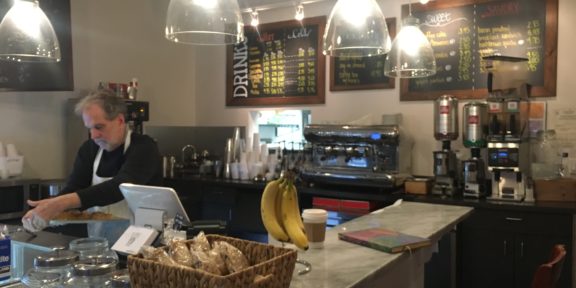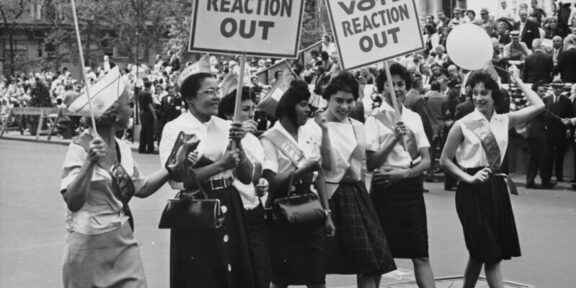Burdened with the plight of housing affordability, Lydia’s House provides housing services and primarily welcomes troubled Ward 8 residents with open arms.
Lydia’s House, founded in 1990 by lifelong Washingtonians Eugene and Patrice Shepherd, is an organization that drives to serve low-income residents in need of assistance and guidance.
Founded on a mission of “growing children, strengthening families, and changing neighborhoods” this organization serves as one of the premier pillars of the Ward 8 community, welcoming residents in need with open arms. Lydia’s House is located in the Bellevue neighborhood of Ward 8, where residents are plagued by poor conditions and the sweeping plight of affordable housing.
Lydia’s House directs its efforts toward relieving the dire state of Ward 8 residents by offering housing services such as foreclosure prevention counseling, first time home buyer and Housing Purchasing Assistance Program (HPAP) orientation, homeownership workshops, group financial education workshops, and one-on-one housing counseling.
Program Director Cliff Beckford yearns to see the people of Ward 8 band together and learn how to leverage their equity.
“The organization seeks to help someone become a better person and a better citizen. Most importantly, we [Lydia’s House] want multigenerational wealth to transpire,” Beckford said.
The District of Columbia faces an unwavering issue of housing affordability. This issue has spiraled into Ward 8 communities with full speed and no sign of stopping. In Ward 8, housing affordability is a dilemma among the majority of residents. According to Census Reporter, Ward 8 residents have a median income of $31,954, the lowest of all wards in the District.
Additionally, 35.7% of all residents are living below the poverty line. D.C. Mayor Muriel Bowser (D) first attempted to combat this issue of housing affordability in 2015 when she committed an annual $100 million to the Housing Production Trusts Fund, primarily meant to serve low-income residents. Despite raising the fund to $167 million in October 2018, affordable housing issues remain.
Economist Kristen E. Broady recognizes the issues with the Area Median Indicator among minorities.“When you say affordable housing you’re only serving a limited area of the population,” Broady said. “Even though that may not be the intent, there will still be people who make too much and people who can’t just outright afford it [housing prices]. The best way would be to have a tiered affordability system.”
Program Director of Lydia’s House, Cliff Beckford, has worked with Lydia’s House for nearly six years helping clients become homeowners after affordability declined east of the river.
Laticia Thomas, a program participant who received an HPAP voucher through Lydia’s House, credits the organization with helping her become a homeowner.
“They kept on encouraging me to move forward and not to be wary of the process. If I ever needed anything, they were quick to do it without any problem. Every counselor I was paired with was excellent. Lydia’s House is truly helping the community.”
Lydia’s House commitment to servicing the community doesn’t stop with its housing services, Beckford said.
We [Lydia’s House] will continue to advocate not only for our product but for the people, so they can understand the value they bring to the economy and this nation.








